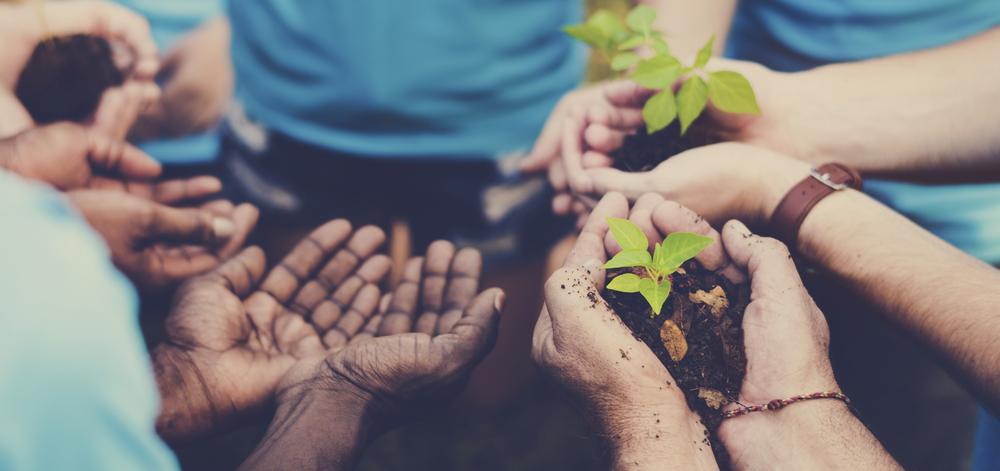
# Meditating for Compassion: Nurturing a Heart of Kindness
In a world that frequently seems inundated by conflict, injustice, and natural calamities, discovering compassion can feel overwhelming. However, it is through meditation, particularly practices such as Metta or Loving Kindness, that we can develop compassion for ourselves and others, even during the bleakest times.
## Grasping the Global Situation
Nowadays, the media grants us insight into worldwide conflicts and disasters, illustrating a world rife with violence and injustice. From the emergencies in Yemen and South Sudan to the challenges faced by displaced asylum seekers and political strife in various areas, it’s simple to become disheartened. Amidst these difficulties, it often seems that leaders prioritize division and authority, steering humanity away from compassion and justice.
## Discovering Compassion Through Meditation
Within Buddhist traditions, the practice of Metta allows individuals to cultivate compassion, not only for loved ones but also for strangers and opponents. This meditation serves as a reminder that everyone is vulnerable to ‘unskilfulness’—the Buddhist idea acknowledging our common human inclination to make mistakes. Recognizing this can assist us in transforming judgment into compassion.
### The Metta Meditation Method
This technique involves concentrating on a sequence of positive wishes: good health, wisdom, safety, and happiness for ourselves, and then broadening those wishes to include others, even those towards whom we may feel negative emotions. By meditating on these affirmative intentions, we enhance the collective energy of society.
## Interconnectedness: A Foundation of Compassion
Another vital Buddhist principle that underpins the cultivation of compassion is the notion of interbeing or interconnectedness. Understanding that we are molecularly linked to all living beings fosters a wider empathy, reminding us that causing harm to others ultimately harms ourselves.
## Changing Our World
Through compassionate meditation practices, individuals can rise above anger and judgment, fostering a more cohesive global community. Promoting transitions towards kindness and understanding, instead of resentment and fear, can weaken the influence of divisive leadership and support unity.
In the words of Thich Nhat Hanh, let us refer to ourselves by our genuine names, allowing compassion to keep our hearts open and turn our world’s crises into chances for growth and kindness. In doing so, we not only heal ourselves but also lay the groundwork for a more compassionate planet, demonstrating that every small act of kindness contributes to the broader fabric of universal peace.